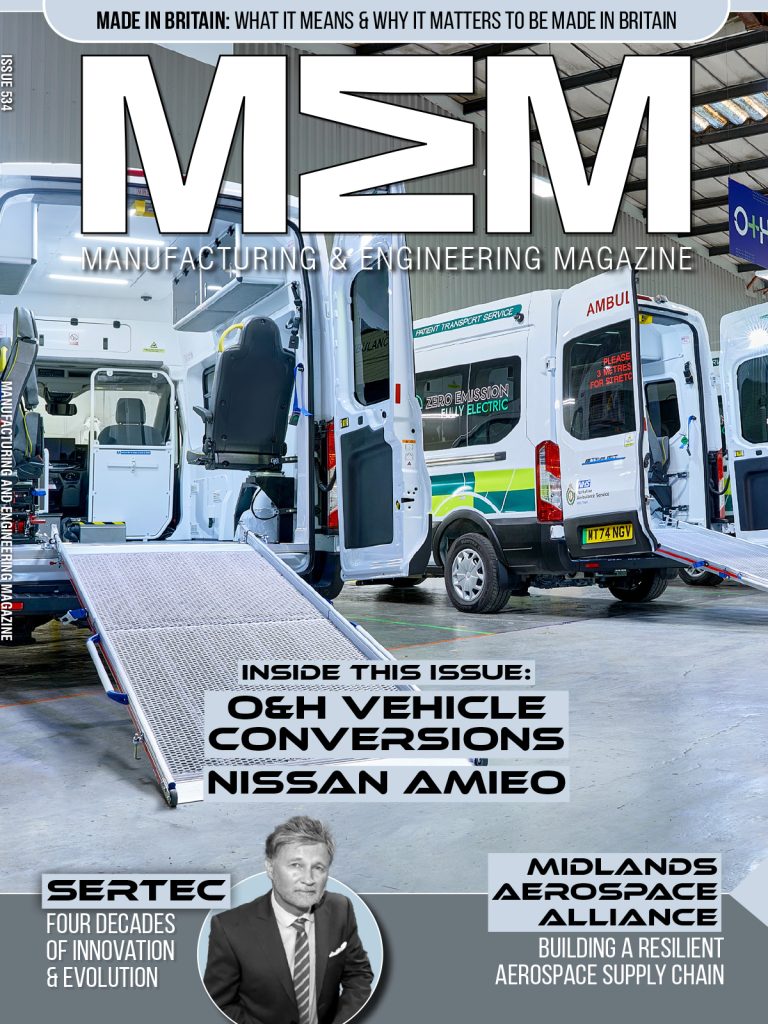The Backbone of Manufacturing: Supply Chain Management
In the world of manufacturing, the seamless orchestration of raw materials, processes, and logistics is nothing short of an art form. This intricate dance is known as supply chain management (SCM), and it plays a pivotal role in the success of manufacturing companies. In this blog post, we will delve into the significance of supply chain management in manufacturing and how it fuels efficiency, cost-effectiveness, and competitiveness.
What is Supply Chain Management in Manufacturing?
At its core, supply chain management is the end-to-end oversight and optimization of the processes and resources required to transform raw materials into finished products, and then distribute them to customers. It encompasses everything from procurement and production to distribution and logistics. In manufacturing, a well-managed supply chain is the lifeblood of the operation.
Key Components of Supply Chain Management in Manufacturing
- Procurement: This is where it all begins. Procurement involves sourcing and acquiring raw materials, components, and supplies required for production. Effective procurement ensures timely access to quality materials at the best possible prices.
- Production Planning and Scheduling: Once materials are procured, efficient production planning and scheduling ensure that manufacturing processes run smoothly, minimizing downtime and maximizing output.
- Inventory Management: Effective inventory management strikes a balance between maintaining sufficient stock to meet demand and minimizing excess inventory to reduce carrying costs.
- Quality Control: Ensuring the quality of materials, work-in-progress, and finished products is critical to delivering high-quality goods to customers.
- Distribution and Logistics: Getting products to customers in a timely and cost-effective manner requires a well-organized distribution and logistics network.
Why Supply Chain Management Matters
- Cost Efficiency: Streamlining the supply chain can reduce production costs, lower overheads, and optimize inventory management, all of which contribute to better profit margins.
- Customer Satisfaction: Efficient supply chain management leads to shorter lead times, on-time deliveries, and consistent product quality, enhancing customer satisfaction and loyalty.
- Competitive Advantage: A well-managed supply chain can be a significant competitive advantage, allowing manufacturers to respond quickly to market changes and customer demands.
- Risk Mitigation: Effective SCM includes risk assessment and mitigation strategies, such as diversifying suppliers to reduce reliance on a single source.
- Sustainability: Supply chain management also plays a vital role in promoting sustainability by optimizing transportation routes, reducing waste, and minimizing the environmental impact of production and distribution.
In conclusion, supply chain management is the backbone of manufacturing. It’s the invisible force that ensures the right materials are in the right place at the right time, leading to efficient production and satisfied customers. In today’s dynamic business landscape, an agile and well-optimized supply chain is not just an advantage; it’s a necessity for manufacturing companies looking to thrive and stay competitive.
Manufacturing & Engineering Magazine | The Home of Manufacturing Industry News














